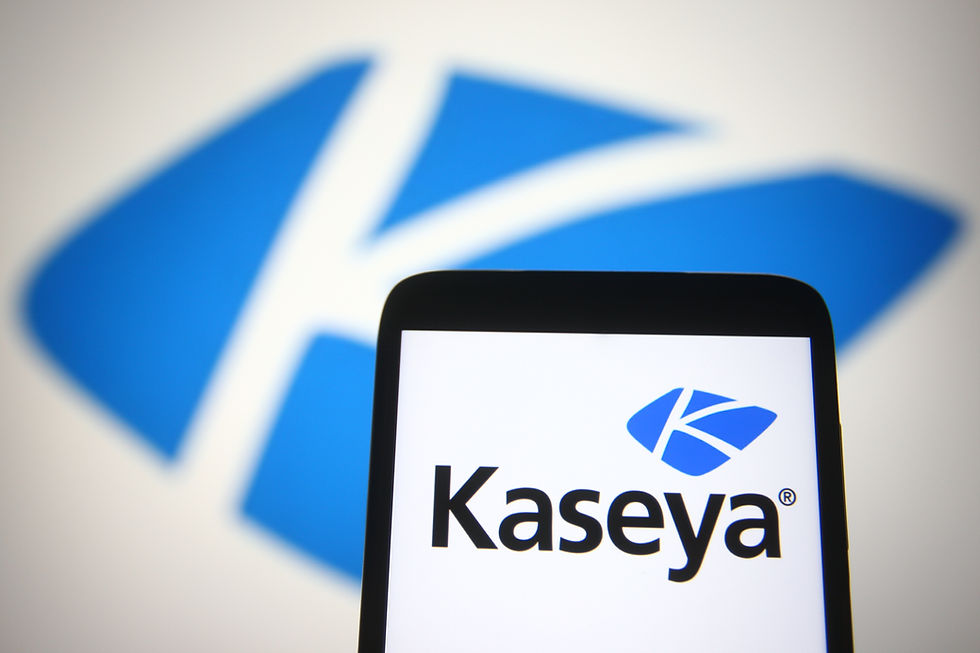Google fights against record EU fine at the top court
- Tech Journalist
- Oct 5, 2021
- 3 min read
We often see big techs going through the change of rules and apparent court fines for regulatory penalties. After the EU said nice things about Google, they fined $5.1 billion for anti-competitive business practices. Recently South Korea's antitrust regulators fined Google $177 million, but it did not stop there. Though Google can easily afford such cases being a trillion-dollar company, regulators ignored Apple and came after them.

Google came to the defence, saying Android is a remarkable story of competitive success with which we all can agree. Market share dominance has been tremendous since Android started, and there is no denying it changed the market for smartphones. With only top brands acquiring the OS at that time, they made a considerable profit. There were lesser brands, and it also boosted the Chinese smartphone market. In response to Google's comment, EU regulators said, "Apple is not a rival because they have a similar market share, and the scale does not match."
Typically, the sum of fines is larger than other regulatory verdicts when it comes to big tech. The tooth and nail fight of a 4.34 billion euro fine for anti-competitive practice is not something we are used to seeing, let alone for the big companies. Previous battles were for data collection policies, privacy and technology acquisitions. In two years (2017 - 2019), the EU commission penalised $8 billion from Google due to antitrust breaches. Since then, the rules have been patched and terms updated to follow proper procedure.
A five-day hearing period to discuss the ruling with the European Union court has been locked where Google has the opportunity to appeal against the decisions. Meredith Pickford, Google's lawyer, said, "The Commission shut its eyes to the real competitive dynamic in this industry, that between Apple and Android."
Google responded about the complaints on Monday to the second-highest court ruling related to the Android operating system. With over 2.5 billion active users from over 190 countries, Andy Rubin's open-source alternative was the direct threat to iPhone and Palm OS. Since 2010, Android quickly changed the scene around mobile manufacturers and the global smartphone industry. Within four years after release, the OS gained over 1 billion active users, and by any means, it is not a small number.
It would've been more straightforward if the case were filed only against Google's android push to manufacturers where they prohibit using other OS even for a market experiment. The EU regulators also hold them accountable for search result dominance from 2011. Google's lawyer Genevra Forwood to a five-judge panel of the General Court, said, "The fine that was imposed, a staggering 4.34 billion euros, was not appropriate" on the fourth day of a week-long hearing. She also talked about the 2009 5% fine for Intel which adds an 11% gravity factor.
EU Commission's lawyer Anthony Dawes said the anti-completive behaviour of its practices" could not be unaware of."
Dawes, after going through statics informed the fine was just 4.5% of Google's revenue in 2017 versus the 10% cap allowed under EU rules. His specific comment was, "Infringements committed negligently are no less serious than those committed intentionally."
When it all comes down to choices, even for customers, no practical alternative came up in the Android ecosystem concerning maps, browsers, and other daily driver apps alternatives. Did they stay under the massive pile of reviews of Android own apps, or they couldn't rank anymore stays questionable. However, Google provided services are updated according to the digital era.
The decision is going to extend until next year, thorough the hearing still runs. FairSearch lobbying group fueled the initial ignition behind the complaints that triggered the Commission. The case number to look out for is T-604/18 Google vs European Commission.













